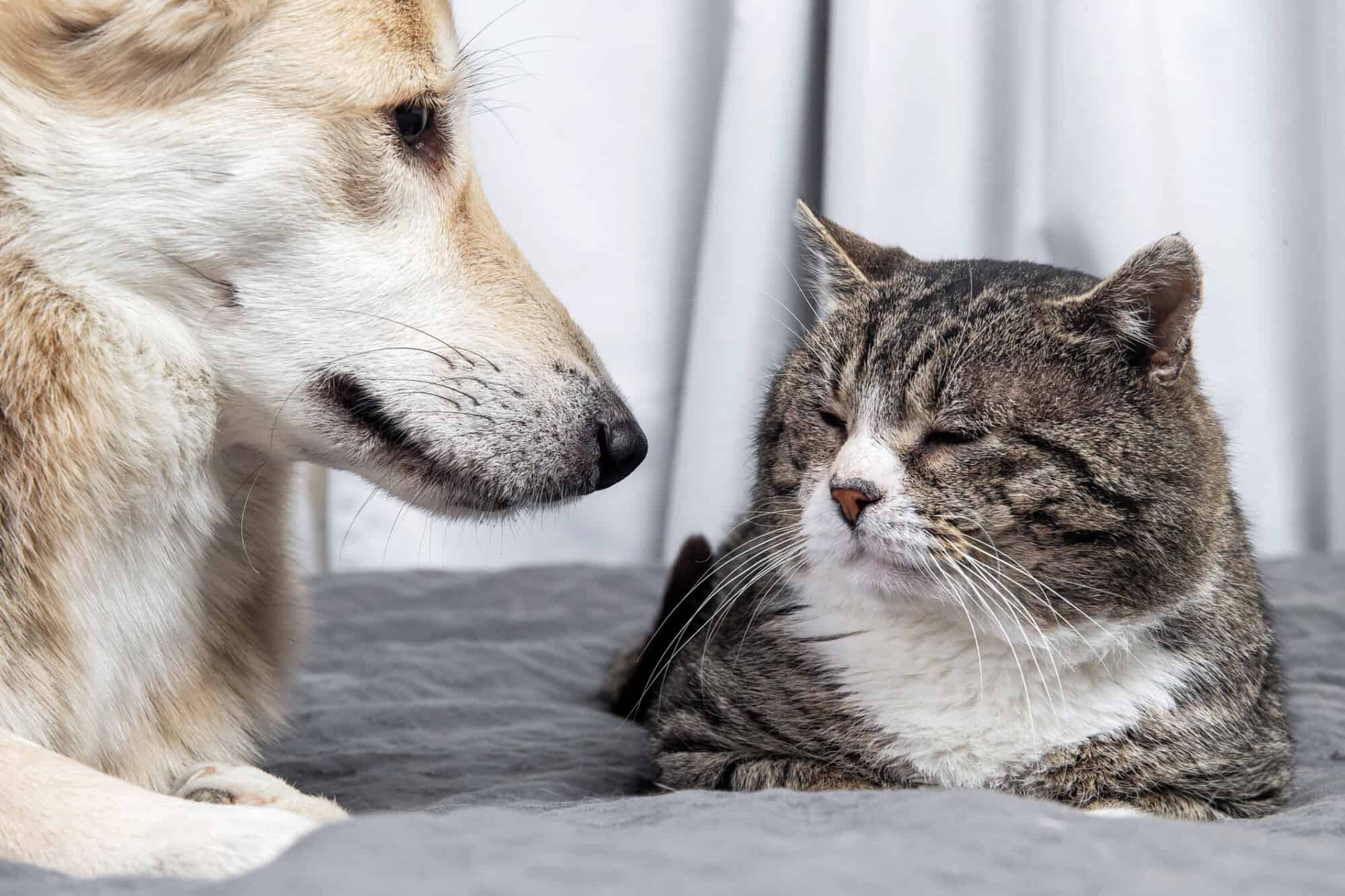Taking Care of Senior Pets

As our beloved pets age, it becomes even more important for us to provide them with the love, care, and attention they deserve. Just like humans, pets require extra care and support in their senior years to ensure a happy and fulfilling late stage of life.
At Crossroads Animal Hospital, we understand the unique needs of senior pets, and are here to provide you with valuable advice on extending their golden years. This blog post will discuss senior pet care and common health issues in older pets, such as hyperthyroidism in cats, dental disease in cats, arthritis in dogs, and dementia in dogs. Following this advice can positively affect the overall health, well-being, and longevity of your furry companions.
Hyperthyroidism in Cats
Hyperthyroidism is a common condition in older cats, characterized by an overactive thyroid gland. It can lead to the following symptoms:
- Weight loss despite a good appetite
- Increased thirst and urination
- Restlessness
- Hyperactivity
If your cat displays any of these symptoms, bring them in for a thorough examination. Our veterinarians will conduct a physical exam, perform blood tests, and may recommend additional diagnostic procedures if necessary. Treatment options for hyperthyroidism may include medication, surgery, or radioactive iodine therapy.
Dental Disease in Cats
Dental disease is another common issue that affects many senior cats. As cats age, plaque and tartar can build up on their teeth, leading to inflammation of the gums (gingivitis) and more severe conditions such as periodontal disease.
Signs of dental disease in cats include:
- Bad breath
- Yellowing or discolored teeth
- Difficulty eating
- Pawing at the mouth
To prevent dental disease, it is important to establish a regular dental care routine, which may include brushing your cat’s teeth, providing dental treats or toys, and scheduling professional dental cleanings.
Arthritis in Dogs
Arthritis is a common condition in senior dogs, and can cause pain, stiffness, and decreased mobility. As a pet owner, there are several steps you can take to alleviate your dog’s discomfort and improve their quality of life:
- Regular exercise, including gentle walks and low-impact activities, can help keep the joints flexible and strengthen the surrounding muscles.
- Provide your dog with a comfortable orthopedic bed to support their joints.
- Consider incorporating joint supplements into their diet.
Our veterinarians can also prescribe medications or recommend alternative therapies, such as laser therapy, to manage your dog’s arthritis effectively.
Dementia in Dogs
Just like humans, dogs can also experience cognitive decline as they age, which can lead to a condition commonly known as canine dementia or cognitive dysfunction syndrome.
Symptoms of dementia in dogs may include:
- Confusion
- Disorientation
- Restlessness
- Changes in sleeping patterns
- Decreased interaction with their surroundings
If you notice any of these signs in your senior dog, schedule an appointment with your veterinarian. We can evaluate your dog’s cognitive function and implement strategies to manage their symptoms. Providing mental stimulation, maintaining a consistent routine, and using supplements specifically designed for cognitive support can all contribute to a better quality of life for your aging canine companion.
As responsible pet owners, it’s our duty to provide our senior pets with the love, care, and attention they deserve. By understanding the unique needs of aging pets and taking proactive measures, we can extend their happy and healthy years.
The skilled veterinarians and staff at Crossroads Animal Hospital understand that senior pets require a different approach to healthcare, and we are well-equipped to address their unique needs. If you have any concerns about your senior pet’s health or would like to schedule an appointment, give us a call at (540) 832-1751.
